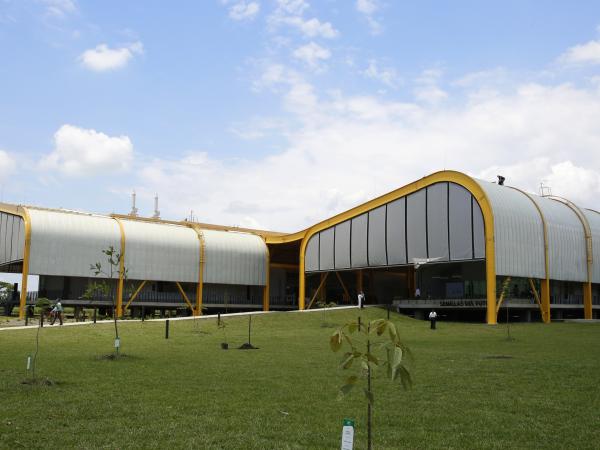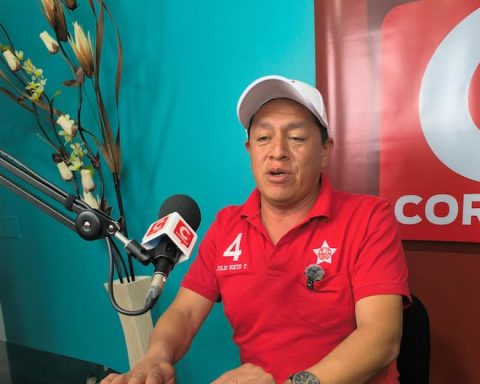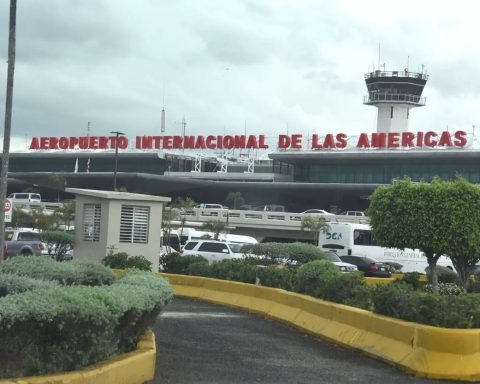The country already has a seed bank, located in Palmyra, Valle del Cauca, which will have the capacity to store 250,000 beans, cassava, fodder and others, which will be vital for food.
‘Seeds of the Future’, name that this bank received, had an investment of more than US$17.2 million, of which the National Government contributed resources that have allowed this new building to become a reality. However, during the event a new investment was announced for An additional US$17 million, whichthat will strengthen the capacity of this infrastructure, by the Jeff Bezos Foundation.
Given this, President Iván Duque said that “The fact that the Bezos Earth Fund has seen what this seed bank means and brings an additional US$17 million, to what had already been government contributions, from various foundations and international cooperation, is the validation that if someone wants to see what the applied science to meet the challenges of the climate crisis, here is your answer”.
On the other hand, this repository has the objective that the varieties of seeds are tolerant to climate change and ensure food safety. “We will be suppliers of genetic material for the farmers of the world”, assured the president.
For his part, the Minister of Agriculture and Rural Development, Rodolfo Zea Navarro, stressed that “Initiatives such as ‘Semillas del Futuro’, which are state-of-the-art, will contribute to maintaining food security in Colombia”.
He also highlighted: “We have already made varieties such as rice, beans and corn tolerant to extreme weather conditions with technologies that reduce water use and greenhouse gas emissions by up to 40%, increasing their yield by up to 20%.”, affirmed the head of the agricultural portfolio.
Seed bank.
The collections in beans, cassava and fodder, that are going to be transferred to this new seed bank, have been gathered over the last four decades in more than 140 countries. These collections include:
– 6,155 varieties of cassava that have helped farmers improve yields and produce more nutritious roots with higher provitamin content.
– 37,938 varieties of beans that provide higher yields, are more nutritious and have better tolerance to drought.
– 22,694 varieties of fodder that can reduce greenhouse gas emissions and reduce water pollution, while increasing crop yields through more efficient use of fertilizers.
This bank will also serve as a conducive site for research, which will allow further development of new varieties of nutritious crops that are adapted to specific growing conditions around the world.
BRIEFCASE


















